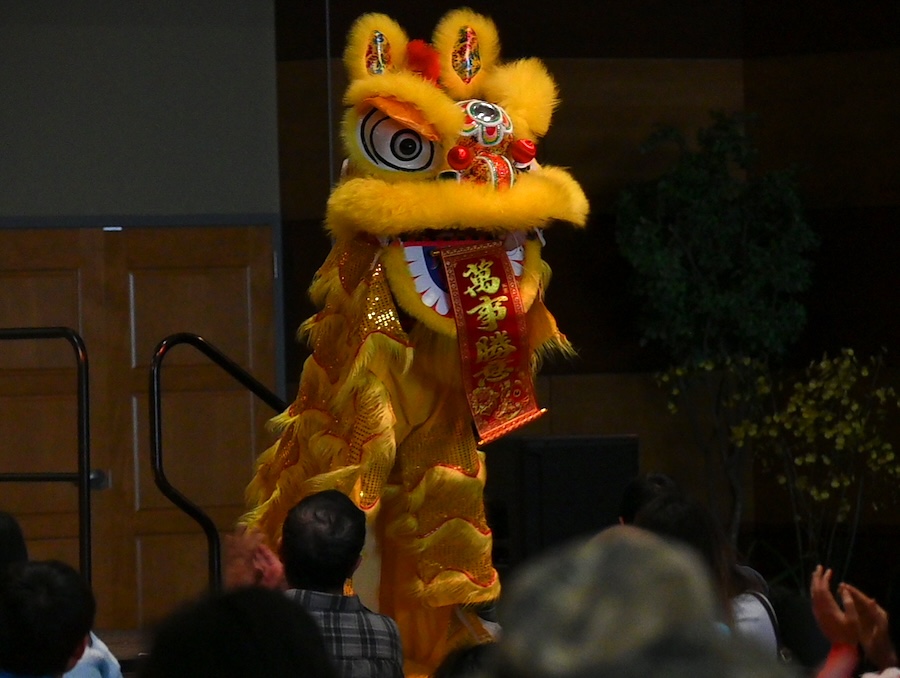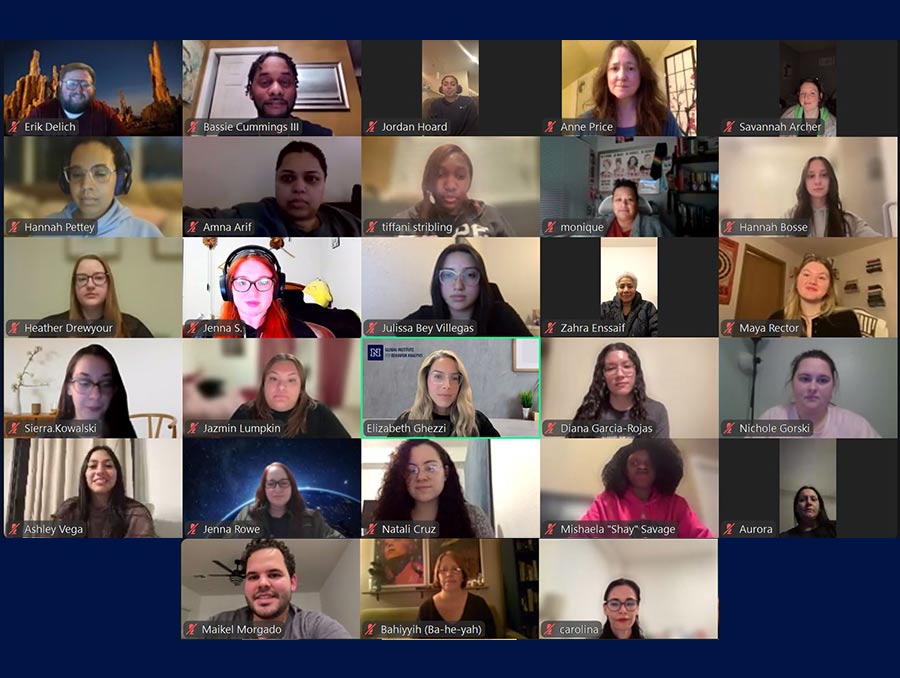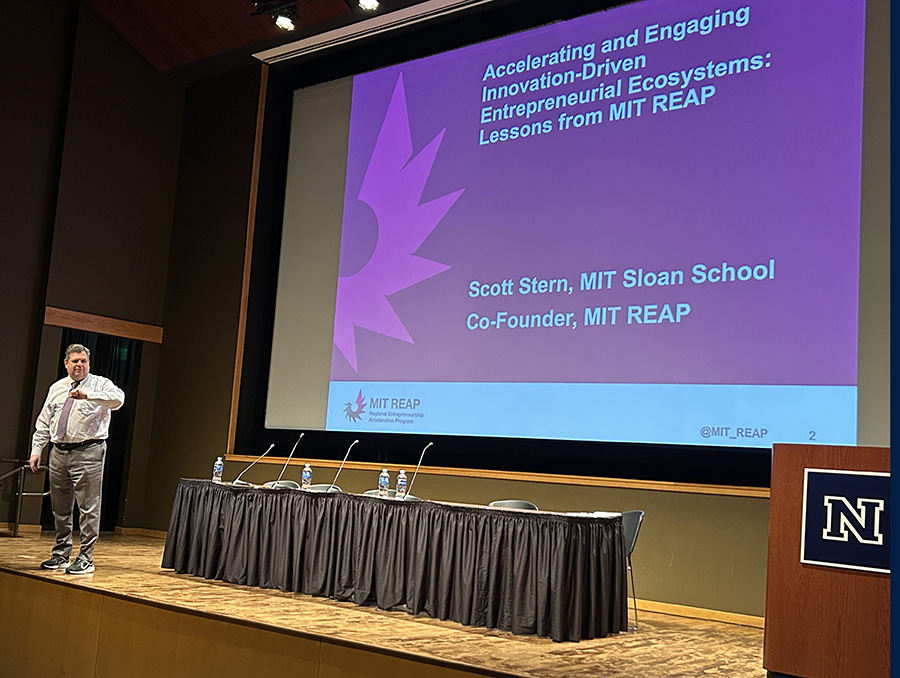The University of Nevada, Reno has added a new undergraduate degree program to its academic offerings — a bachelor of science in neuroscience.
The neuroscience major will provide rigorous, broad training in brain and cognitive sciences and relevant methodology. Students will get direct research experience, working side by side with faculty. The program is an interdisciplinary one, with courses primarily in the departments of psychology and biology.
“Neuroscience is such a multidisciplinary field and presents so many opportunities for students,” says Michael Webster, co-director of the program and professor of psychology. “It’s one of the most active areas of science right now, and there are so many directions you can go with it.”
Neuroscience is defined as any science dealing with the functions of the nervous system. Webster says that the University already has several faculty members whose areas of expertise are in the neuroscience realm, in both psychology and biology, so no new faculty or new funds were needed to begin the program. For example, Jeffrey Hutsler, assistant professor of psychology, is researching the cell structure and brain morphology involved in autism. Webster himself is researching visual neuroscience, looking at how people see colors and recognize faces. Psychology department colleagues Michael Crognale and Mark Wessinger also work in neuroscience.
In the biology department, associate professor Grant Mastick, neuroscience program co-director with Webster, is conducting research on how cells decide to connect to each other as the brain is developing. Biology colleagues Scott Clark, Thomas Kidd and Vladimir Pravosudov also specialize in areas of neuroscience.
“Teaming up with psychology to create this major is a natural partnership,” says Mastick. “Here in the biology department, we try to understand the brains and behavior of animals. In psychology, they seek to understand the brains and behavior of humans. So, there’s a lot of crossover, as well as a lot to be learned from each other.”
Mastick and Webster say there are also faculty members with neuroscience-related expertise in other University units, such as the School of Medicine and College of Engineering. They say that there was a real need for the neuroscience offering, as evidenced by the 20 students already enrolled in the program.
“No other institutions in the state were offering an undergraduate program in neuroscience, so there was a real gap there,” commented Webster. “UNLV currently has a graduate program, and, across the country, graduate programs in neuroscience are more common. Undergraduate programs are less common, but more highly ranked schools, both research institutions and liberal arts colleges, are establishing them.”
The University of Nevada, Reno joins colleges such as UCLA, Dartmouth, Harvard and Duke in adding an undergraduate neuroscience major. Approximately 30,000 trained neuroscientists currently work in the United States. Experts in the field believe the demand for neuroscientists will increase as the country’s elderly population continues to grow.
“Ultimately, by better understanding the brain through the study of neuroscience, we hope to learn how to treat common neurological diseases,” said Mastick.











